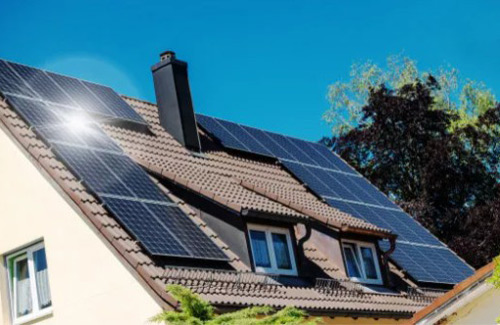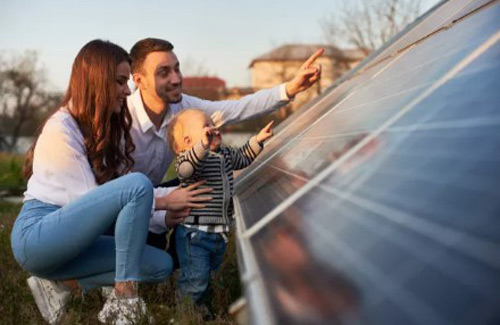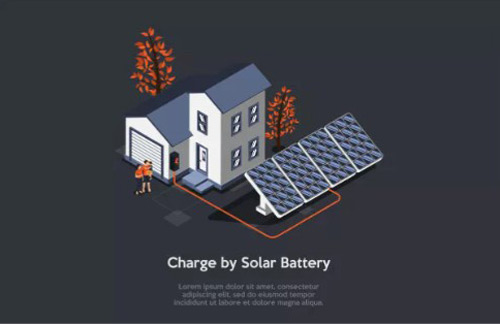Choosing a Home Energy Storage System
Choosing a home energy storage system is a decision that needs to be considered carefully. Battery storage has become a popular option with new solar installations. However, not all home batteries are created equal. There are a variety of technical specifications to look for when purchasing a home battery.
One of the most important factors to consider when selecting a home energy storage system is the cost of purchasing and installing the system. Many companies will offer payment plans. These plans may be available for as little as a few hundred dollars or as much as a few thousand dollars. However, these systems may be out of reach for most homeowners. A good way to get a price for a home battery is to compare quotes from several companies. A company that specializes in installing batteries may have more experience in this area.
Another important aspect to consider is the usable capacity of the battery. A 10 kilowatt-hour battery is the ideal for most homeowners. The battery should be capable of providing sufficient backup power in the event of a blackout. A good battery system should also be capable of running critical household circuits. Some homeowners may wish to install more than one battery to maximize the amount of electricity stored. Battery systems are also used for pool pumps, underfloor heating, and other critical household circuits.
Battery storage systems also require frequent maintenance and component replacement. These costs add up over the long term. A lithium ion battery with a hybrid inverter will typically cost between eight and fifteen thousand dollars to install. However, prices are expected to drop significantly over the next few years.
When choosing a home energy storage system, it's important to consider how much electricity you need. In most cases, you won't need a system with a large capacity, but the more batteries you have, the more electricity you will store. In order to get a good idea of what you will need, calculate your energy needs and then compare the cost of several different systems. If you decide to go off the grid, you will need a backup plan in case you need power in the middle of the night or in the event of a blackout.
When comparing the best home energy storage systems, it is important to consider the quality of the system. While cheap batteries may be tempting, they may not be able to meet your energy needs. A good quality home battery system will cost more but it is worth the investment. It is also important to consider the warranty of the battery system. Battery warranties are not always as long as they seem and can vary widely from manufacturer to manufacturer.
A home energy storage system is a long-term investment. Choosing the best system will help you achieve sustainability goals. A home energy storage system may also reduce your carbon footprint.
Although batteries aren't the cheapest option, they can be a smart decision for homes that are undergoing a power outage or in a drought-stricken area. A good home battery system should last for years, and can make you more money in the long run.



Post time: Dec-26-2022







